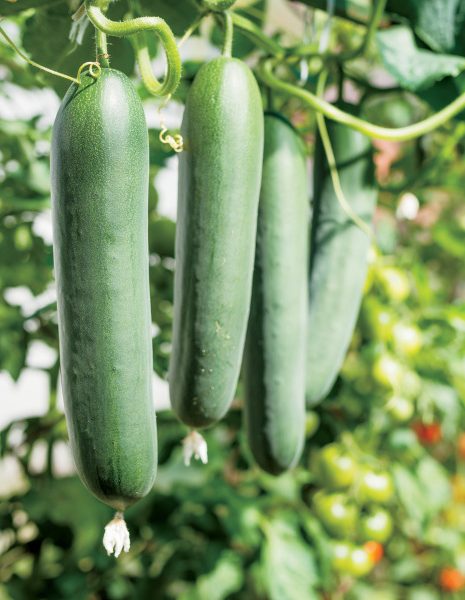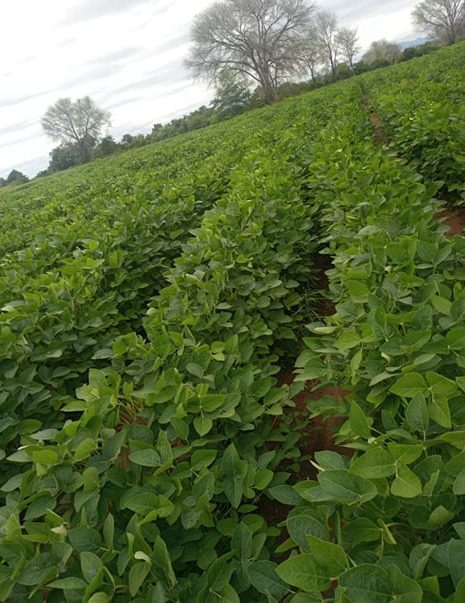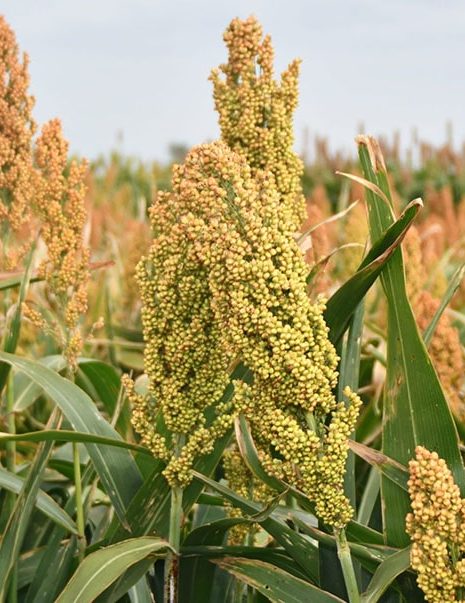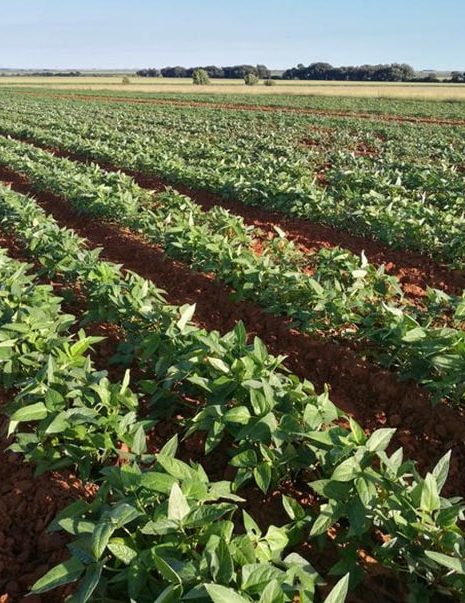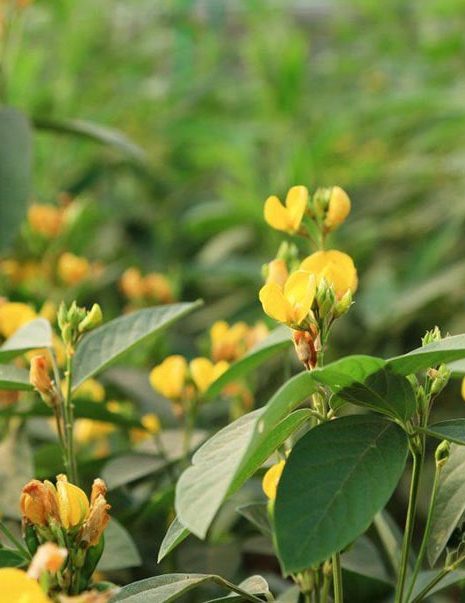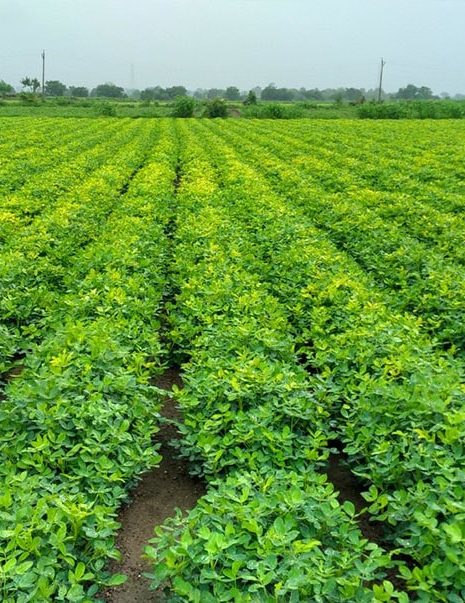Popcorn is a popular snack enjoyed around the world, and popcorn farming is an important industry in many countries. In Malawi, hybrid seeds are used to grow high quality popcorn that is both beneficial to farmers and consumers.

Types of Popcorn
There are several types of popcorn available for farming, including butterfly, mushroom, and snowflake. Butterfly popcorn has a light and fluffy texture, while mushroom popcorn has a denser texture. Snowflake popcorn is a hybrid of the two, with a light texture but larger kernels than butterfly popcorn. All three types can be grown using hybrid seeds.
How to Grow Popcorn
Popcorn requires 18-24 inches of water during the growing season. It requires warm temperatures and plenty of sunlight to grow properly. It should be planted in well-drained soil with a pH between 6.0 and 7.5. The best time to plant is in late spring or early summer when the soil temperature reaches at least 60°F (15°C). The plants should be spaced 12-18 inches apart and watered regularly throughout the growing season.
Best Practices for Growing Quality Popcorn
To ensure high quality popcorn, farmers should use hybrid seeds that are specifically designed for their climate and altitude. They should also practice crop rotation to reduce the risk of disease and pests, as well as use organic fertilizers to promote healthy growth. Additionally, farmers should harvest the corn when it’s dry and store it in a cool, dry place until it’s ready for sale or consumption.
Diseases That Affect Popcorn Farming
Common diseases that affect popcorn farming include Fusarium wilt, common rust, northern corn leaf blight, southern corn leaf blight, Stewart’s wilt, and gray leaf spot. To prevent these diseases from spreading, farmers should practice crop rotation and use fungicides if necessary.
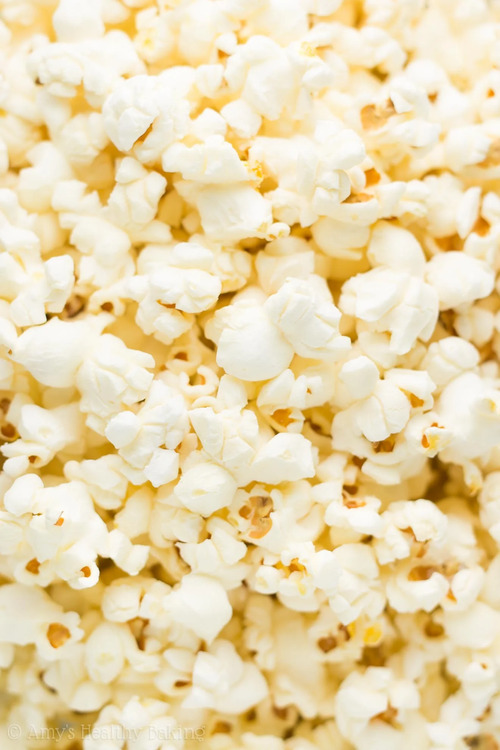
Benefits of High Quality Popcorn
High quality popcorn provides numerous benefits to both farmers and consumers alike. For farmers, it can increase their profits by providing them with a higher yield per acre than other crops. For consumers, high quality popcorn has a better flavor and texture than lower quality varieties. Additionally, it contains more nutrients such as fiber, protein, vitamins A and C, iron, magnesium, phosphorus, potassium, zinc, copper, manganese, selenium and thiamin.
In conclusion, popcorn farming is an important industry in Malawi that provides numerous benefits to both farmers and consumers alike. By using hybrid seeds specifically designed for their climate and altitude as well as practicing crop rotation and using organic fertilizers to promote healthy growth, farmers can produce high quality popcorn that is both nutritious and delicious.
Call us today to get in touch with us and place your order!

